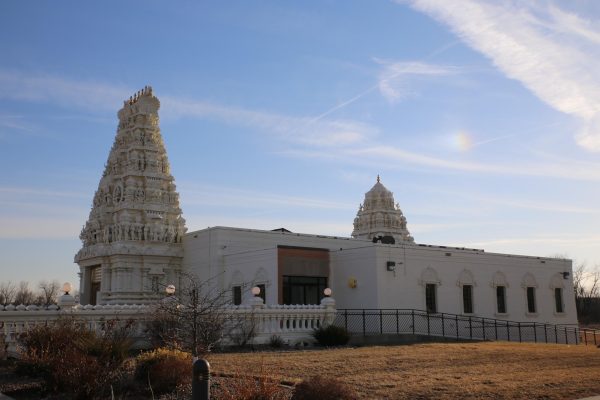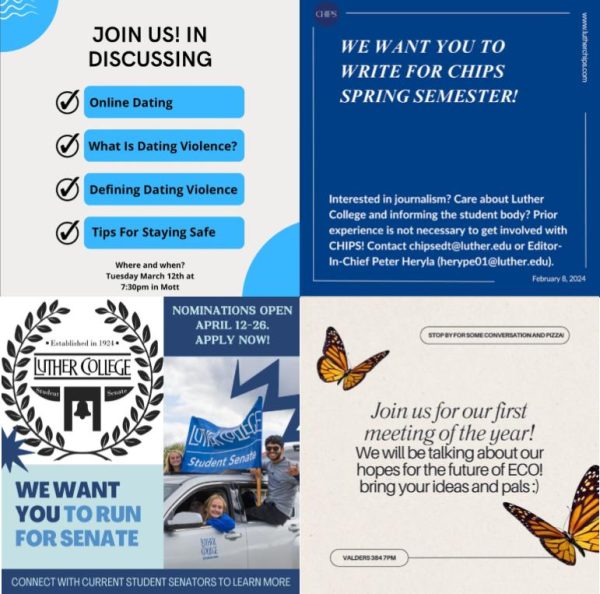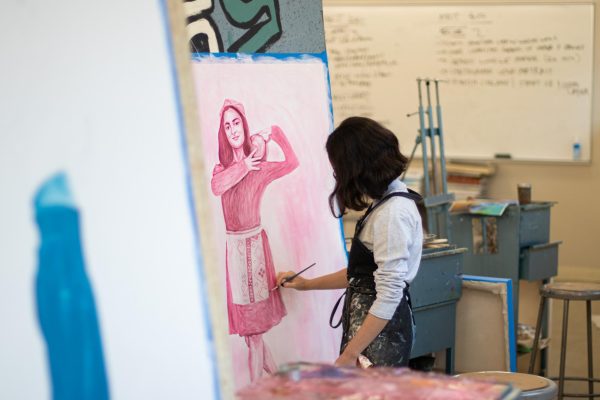“Avatar: the Last Airbender” is the best show of all time
Good shows need great stories, and “Avatar: The Last Airbender” is a perfect example of the power of great storytelling. The show ran on Nickelodeon from 2005 to 2008, and spanned three seasons. I won’t summarize the show here because the word count I’m allotted barely allows me to scratch the surface of what the show covered. If you have not watched the show, or need a reminder of what the show was about, please Google-search a quick synopsis to jog your memory.
Where do I even begin?
The show is a masterclass in storytelling, worldbuilding, and character development. Though it premiered on a children’s television network, the show tells a story about adult themes. War, genocide, displacement, corruption, and mental health are just a few of the topics that the show covers. Barely any other show teaches the kinds of lessons that this show teaches, and does so without babying the audience. The writers understood how to convey deep and rich stories to both children and adults at the same time, and trusted that they would be able to follow along.
Part of the reason why the storytelling is so good is because the creators made a compelling world through careful worldbuilding. The Fire Nation was the first nation to enter an industrial revolution because of their ability to bend fire, and because of their access to raw materials, as they are located on volcanic islands. The creators masterfully blended the show’s magic system with the setting to give a perfectly logical reason why the Fire Nation is the main antagonist––they wanted to “share” their prosperity and civilization with the rest of the world.
But the writers didn’t create a bland and shallow antagonist for the Avatar and his gang to defeat. Instead, the writers explored the complexity of their own villains, giving Zuko a redemption arc and Azula a tragic storyline. The Fire Lord stays consistently villain-y, but it works. Not all villains need a redemption arc. Good stories need great villains, and “Avatar: The Last Airbender” has the best villains.
Zuko’s redemption arc is probably the best redemption story of any character of any show or film. He goes from the Fire Prince determined to hunt down the avatar and regain his honor, to a Fire Lord prepared to rebuild the war-torn world with the avatar. His arc alone demonstrates why this show is just *chef’s kiss.*
Azula’s character is also a great foil of Katara’s, and both of their character developments are great in their own right. Azula is the Fire Nation princess, and grew up indoctrinated in Fire Nation propaganda. Katara is the last waterbender in the Southern Watertribe, and grew up experiencing the reality of the violence perpetrated by the Fire Nation. The difference in their characters is in how they treated their friends and others. Azula was raised to demand perfection and come out on top over others, while Katara was raised to take care of her brother and her tribe. So much commentary about our society can be extrapolated from just this one foil alone, which shows how amazing this show is. The show is not just about spectacle, it is about rich and compelling storytelling. It’s art.
But why is this important?
I’ll tell you why: stories matter. So much of the stories we are told by the entertainment industry are shells of reality, void of truth or substance. They are largely written and directed by white cis males whose perspective has been historically overrepresented in media. There should be better storymakers in entertainment.
To make sure there are good stories being told, there must be unique perspectives that can challenge the norms. There needs to be more representation in casting, in directors, in screenwriters, in film executives, and in media in general. Enough with white saviorism, with military propaganda, with generic tropes that are all variations on a single theme. If capitalism is supposed to promote competition and innovation, where are the innovative stories? (I’m looking at you, Disney––you didn’t need to remake Mulan).
With Avatar, there is so much to talk about and analyze. The storytelling is just extraordinary. So much more could be said about the show, but I’ll close with a few quotes from Zuko’s uncle Iroh that are particularly uplifting. Given the state of the world, and the violence and hatred that seems to be constant, these quotes will hopefully leave you with a good feeling.
“Hope is something you give yourself. That is the meaning of inner strength.”
“While it is always best to believe in oneself, a little help from others can be a great blessing.”
“Sharing tea with a fascinating stranger is one of life’s true delights.”
“Good times become good memories, but bad times make good lessons.”
“Pride is not the opposite of shame, but its source. True humility is the only antidote to shame.”
“You can’t always see the light at the end of the tunnel, but if you keep moving, you will come to a better place.”
Opinions expressed in columns and letters are those of the author(s) and do not necessarily reflect the opinions of Chips or organizations with which the author(s) are associated.







precious • Apr 15, 2021 at 9:17 am
What a nice blog you have there. Many people have always love to watch Avatar the Last Airbender which is one of the greatest animated series of all time. so, this is good news for those people who has not watch Avatar the Last Airbender or to those who want to watch it again. Netflix announced that it will be retelling the story of Gaang with real people as well as Legend of Korra. The Last Airbender civilization is divided into four separate nations which is named after the elements the four nations are Air Nomads, Earth Kingdom, Fire Nation, and the Water Tribes. I am very sure it is now out on Netflix.
https://tecreals.com/netflix-avatar-the-last-airbender/
Eli Leupold • Mar 26, 2021 at 10:41 pm
So true bestie